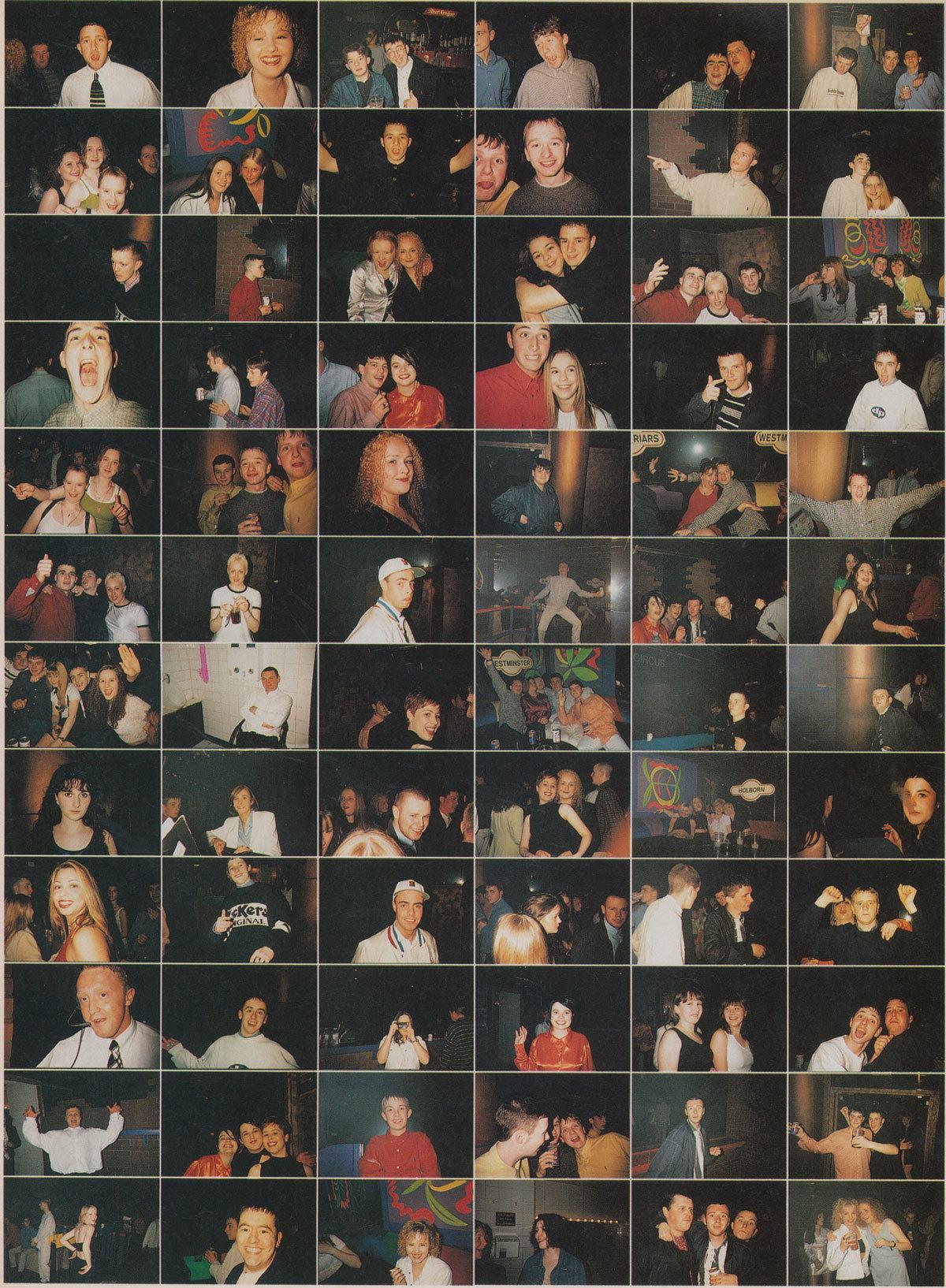Stuart McMillan and Orde Meikle didn’t call their label “Soma Quality Recordings” for nothing. Since its inception on the streets of Glasgow in 1991, the Scottish home of rave has gained a reputation for consistent excellence in the industry. How? By knocking out classics such as Slam’s Positive Education and helping kickstart the careers of everyone from Surgeon to Envoy, Silicone Soul to a certain French duo by the name of Daft Punk, who released its first tentative outings on the label back in 1994 (whatever happened to them anyway?). We’ve written about the break beat-driven, lightstick-waving, Vicks-wafting world of tartan techno before, and 25 years on it’s still a bigger musical export than David Sneddon, the label continuing to release quality electronic music and curating the legendary Slam tent at Scotland’s T in the Park. As a boxset celebrating the past 25 years hits the shelves, we spoke to Slam’s McMillan and Meikle about the label and the Glasgow sounds you should be pressing play on today. Welcome to Scotland the Rave.
How did you both meet?
We met working in a bar in Glasgow’s West End and used to battle to put our mixtapes on the sound system. That’s how we found out about each other’s musical tastes which were, and still are, uncannily similar. The DJing and production partnership grew out of that all consuming love of music.
Was there a techno scene in Glasgow at the time?
There was no techno scene in Glasgow at that time. Musically most clubs played a mishmash of soul, funk, indie electronica, and early house. The first time we heard the warped tones of Rhythm Is Rhythm’s “Nude Photo” played, that was it. We had to find more of this new Detroit sound on labels such as Transmat, Metroplex, Deep Space, and the early KMS. We started Slam (the club) on this musical premise of Chicagoan acid house and Detroit techno and the Glaswegians just instantly took to it. They haven’t wavered since.
What was your intention with starting the label? Are your aims the same now as they were then?
Soma was started back in 1991 with the intention of releasing qualitative electronic dance music regardless of commercial consideration, which we still hold vehemently true till today. It’s fair to say that initially it represented a local intake of artists but, as the label quickly achieved a more international reputation, our artist pool rapidly followed.
What are some of your favorite releases you’ve chucked out over the years?
Afraid we’ve lost track of all the releases — over 3000 — so we can only give you a hazy snapshot. From the Slam catalogue, “Eterna“ and Headstates, because it was our first single and album respectively. The Snapshots double vinyl jackathon. “This World,” as it was our first real foray into the land of vocals. From the Soma roaster, Envoy’s “Dark Manoeuvres,” Skin Trade’s “Andomraxxes,” Daft Punk’s Alive, Percy X’s “X Track“… We could be here all day.
You famously put out the original vinyl version of Daft Punk’s Da Funk. How did you first come across them? Are you still in touch?
We met Thomas and Guy in Paris after we’d been gigging at some big French rave. They’d been in touch (by fax!) because they liked Soma and asked if we’d like to hear some of their demo music. The tape went on and I think we’d decided to sign them before the first track had finished. Yes, we’re still in touch with the boys — went for dinner with them last time we were in Paris — and it’s always great to catch up. They haven’t changed at all.
What’s the Glasgow scene like today? Who should we be listening to?
Glasgow’s always had such a fantastic music scene, but there are so many great new producers, promoters, and venues popping up. Artists really championing the sound of Glasgow are the likes of Edit Select, Deepbass, Echoplex, Petrichor, Kode 9, Secluded, and the labels such as Seventh Sign and Animal Farm.
What are the most important lessons you’ve learnt from running Soma? What advice can you give someone thinking about starting her own label?
With so many attitude-driven independent dance labels about now you must keep the quality high and the release schedule constant. So many labels start and stop — not ideal. The most important lesson is to stay true to your original vision of your musical output, don’t try to be all things to all people and chase the money, and play the long game. No selling out!
Soma25 is out now.
Credits
Text Matthew Whitehouse
Lead image photography by clubbers at Tek 2000 using Kodak Fun Flash cameras. Taken from The Supernova Issue, No. 153, June 1996.
